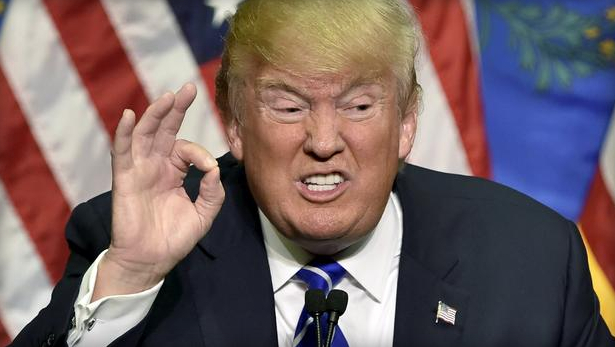"Joe Biden tried to cut Social Security and Medicare for decades," a recent ad from the Trump campaign claims.
The Biden campaign hit back last week with an ad of its own, ridiculing Trump's recent executive action to defer payroll taxes.
"Donald Trump stepped off the golf course and signed an executive action directing funding cuts for Social Security," the ad begins.
Facts First: Both of these claims require context. There's disagreement as to what extent Trump's executive action will diminish Social Security funds, and Trump's claims to pay for his proposed payroll tax cut through economic growth strike many as unrealistic. Meanwhile, Biden has supported spending freezes and cost-of-living adjustment reductions as well as budget protections for Social Security over his long career in the Senate, but his current proposals aim to protect and expand it.
Trump's executive action
On August 8, Trump signed an executive action to temporarily suspend the payroll tax for many employees. It also leaves open the possibility of forgiving the deferred tax down the road.
Critics argue that this would essentially defund Social Security and Medicare because they are both primarily financed by the tax. Others say the temporary pause won't have a significant effect on Social Security benefits because the President alone can't reduce payroll taxes, which would require action from Congress.
When asked about the effect this action would have on Social Security trust funds, White House counselor Kellyanne Conway told reporters in a press gaggle on August 11 the President is still committed to protecting entitlements but did not outline how he would do so. Conway also said Trump was more concerned with people who are currently trying to make ends meet, rather than the longer-term aims of Social Security.
As CNN has reported, many business leaders have argued against Trump's push to defer payroll taxes, because workers could end up owing more in taxes if implemented.
Trump's current plan
During a press briefing on August 12, Trump outlined what he would seek to do if reelected.
"At the end of the year, with the assumption that I win," Trump said, "I'm going to terminate the payroll tax."
Trump went on to say that Social Security would be paid for through the General Fund. "It works out very nicely," he said.
The next day Kayleigh McEnany, the White House press secretary and designated liar, added confusion, telling reporters that Trump meant that "he wants permanent forgiveness of the deferral" instead of permanently eliminating the payroll tax. But that's not what Trump said.
Only Congress can terminate the payroll tax and it's unclear, with the House controlled by Democrats and the difficulty of rallying Senate Republicans behind such a proposal, how Trump would get rid of the tax by the end of the year.
During the briefing, when pressed by Fox News' John Roberts on his assertion that the general fund would finance Social Security after the payroll tax was eliminated, Trump claimed that strong economic growth would cover the loss of the payroll taxes.
But because of Trump's reckless spending with the general fund already incurring trillions of dollars in debt, paired with the fact that the payroll tax brings in more than a third of federal revenue, some see Trump's fake belief that economic growth could recoup these loses as fantastical.
Biden's record
During the primary, Vermont Sen. Bernie Sanders also accused Biden of wanting to cut Social Security in the past.
Here's a look at the facts:
In his long political career, Biden has supported many different actions on the entitlement program, including a temporary freeze on spending, budget protections and reducing the cost-of-living adjustment.
In 1984, while in the Senate, Biden -- in an effort to tackle budget deficits -- co-sponsored a plan to freeze "nearly all military and domestic spending," the New York Times reported at the time. The freeze would also cover Social Security cost-of-living adjustments for the year.
The proposal was struck down by a vote of 65 to 33.
Prior to that, Biden supported a 7% increase in monthly Social Security benefits in 1973, and in 1995, he supported an amendment to prevent Social Security cuts from being in any balanced budget legislation.
A year later, in 1996, Biden suggested a few ways to help prevent future insolvency of the program, like raising the retirement age by one year and reducing the cost-of-living adjustment by 1%.
Biden's current proposal
The presumptive Democratic nominee's current plan aims to protect and expand Social Security.
The plan includes a "true minimum benefit" for those who have worked 30 years, providing them "a benefit of at least 125% of the poverty level," Biden's campaign website says.
According to Market Watch, this could increase Social Security and Social Security Income benefits by $6,500 a year for the poorest retirees. The plan would also "provide a higher benefit for the oldest Americans" and "protect widows and widowers from steep cuts in benefits" among other things.
The plan also includes adding the employer/employee combined 12.4% Social Security payroll tax to earnings above $400,000.






















